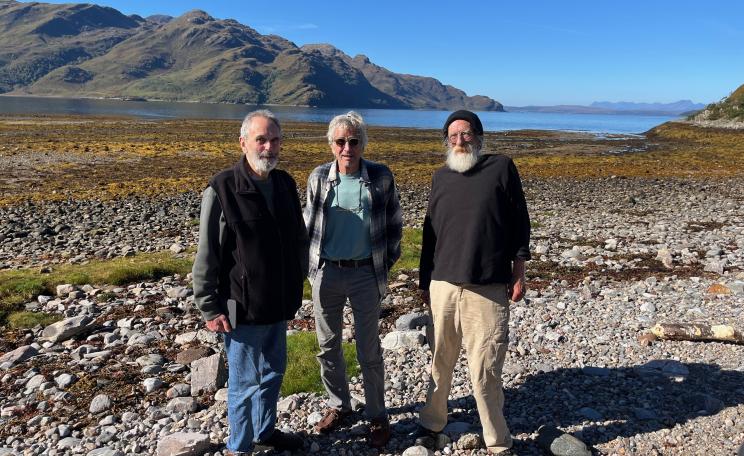As we approach COP26, politicians the world over should take confidence from these findings.
There is an “overwhelming consensus” for more government-led action to protect the environment, according to an international survey.
Participants in Brazil, China, India, Indonesia, Poland, the UK and the US were surveyed by polling agency YouGov, working with Cambridge University researchers.
More than 14,000 adults were surveyed, with around 2,000 from each country.
Technology
Nine out of 10 people in all countries except the USA, where it is three out of four, said they wanted governments to “do more” to protect the environment.
This included a majority of the Trump voters polled (55 percent) as well as 95 percent of Biden voters in the US.
In the UK, it included 87 percent of Conservative voters to 97 percent Labour, and 96 percent of Remain voters to 86 percent of Leave voters.
Researchers asked participants which policies they want to see backed by governments at the 26th UN Climate Change Conference (COP26), scheduled to be held in Glasgow in November.
In order of popularity, people wanted: more conservation, more tree-planting, more investment in clean technology and energy.
Exposure
The polling took place in December, with participants randomly assigned to read either one of four “treatment” texts about climate change – drafted to reflect current UN messaging, public health, social norms and patriotism – or a neutral text, unrelated to climate and used to test “baseline” support.
The participants were then asked if they agreed or disagreed with the statement that “all national governments should do more to protect the environment”.
Baseline figures showed high levels of support for government-led action.
Exposure to one of the climate change texts led to a small but significant rise of about one or two percentage points on average.
The figures ranged in the UK from 89-93 percent as against 96-98 percent in Brazil, 91-95 percent in China, 92-97 percent in India, 99-100 percent in Indonesia, 91-94 percent in Poland and 76-79 percent in the USA.
Consensus
Dr Lee de-Wit, a political psychologist at Cambridge University, said that the clearest evidence that a message had an impact was in China, “where pollution is a daily reality for many”.
Support for more action rose from 91 percent to 95 percent among those that read about public health benefits of tackling climate breakdown – a text that focused on air pollution.
He said: “We live in a time of polarisation, and environmental issues have long embodied the political divisions in society.
“However, this may be changing. We can see an overwhelming consensus emerging for greater government-led action to protect the environment in major nations.
Protect
“As we approach COP26, politicians the world over should take confidence from these findings. Voters across party lines want to see more government action. The time is now.”
Participants were asked if they thought that businesses should be made “to pay for the damage they do when their activities contribute to climate change”.
In every country except China, baseline figures showed this to be a more popular policy than giving businesses a “fair timetable to stop activities that contribute to climate change.”
Across the seven countries, on average, 58 percent supported making businesses pay and 48 percent supported the timetable option.
Dr Sander van der Linden, director of Cambridge’s Social Decision-Making Lab, said: “These survey results make it clear that irrespective of age, gender and nationality, citizens around the world want governments to do more to protect the environment.”
This Author
Sam Russell is a reporter with PA.







